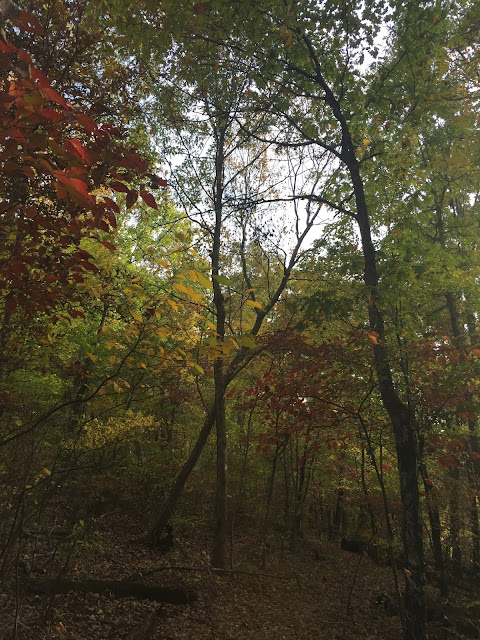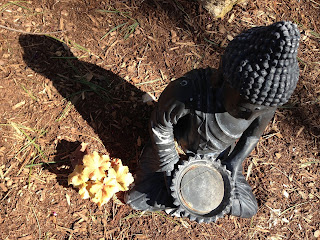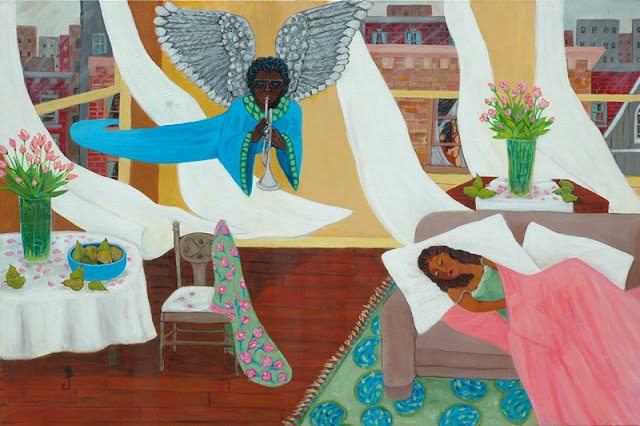Seeing takes a long, long time
From the outside in
Measuring each shift and sigh
But as you let your eyes adjust
To the darkness deep within
Sifting through the ash and dust
We are the places that we've been
You can't hear me yet
Listening takes a long, long time
And I've so much to tell
But words die on these lips of mine
But in the stillness you may sense
Every thing I long to say
Unraveling like golden threads
The walls will all come down this way
You don't know me yet
Knowing takes a long, long time
And time is all we have
Never traveling in straight lines
So memorize each turn and twist
Just be careful as you go
For if love is a labyrinth
Then my heart is Jericho
--Mary Chapin Carpenter (1958- ), from the album Ashes and Roses (2012). Chapin's notes about this song can be found here.
Scriptural reference: Joshua 2:1-6:27.

















